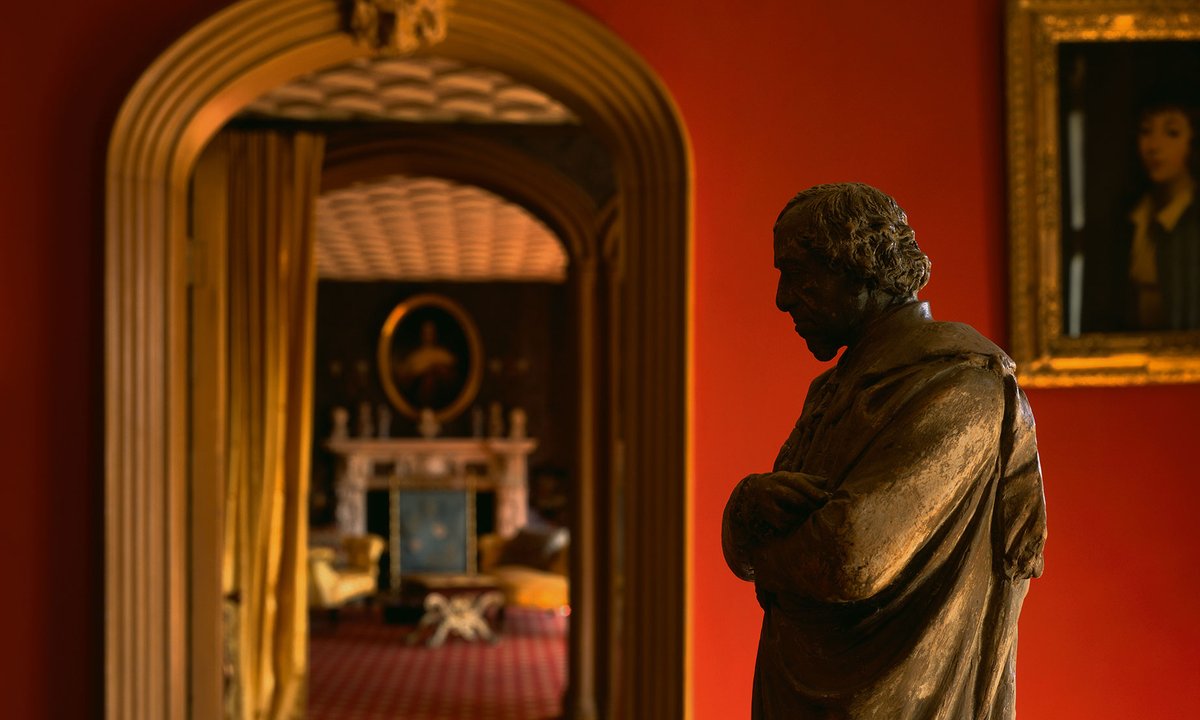
"Jewish Country Houses reflects a monumental tribute to the architects and cultural histories behind these residences, highlighting the complex cultures that informed them."
"From the French Revolution onwards, wealthy Jewish merchants transformed their status through the acquisition of estates, blending business with rural sophistication."
Until the late 18th century, Jews were largely barred from land ownership in Europe. Post-French Revolution, a gradual emancipation allowed wealthy Jewish individuals to purchase estates, often at the expense of former nobility. Over approximately 130 years, around a thousand country houses emerged across Europe, particularly near resorts or cities. These residences became symbols of local societal status and revealed the owners' disconnect from traditional cultures through eclectic architectural styles and lavish furnishings, reflecting the complex identities of their Jewish owners.
Read at The Art Newspaper - International art news and events
Unable to calculate read time
Collection
[
|
...
]